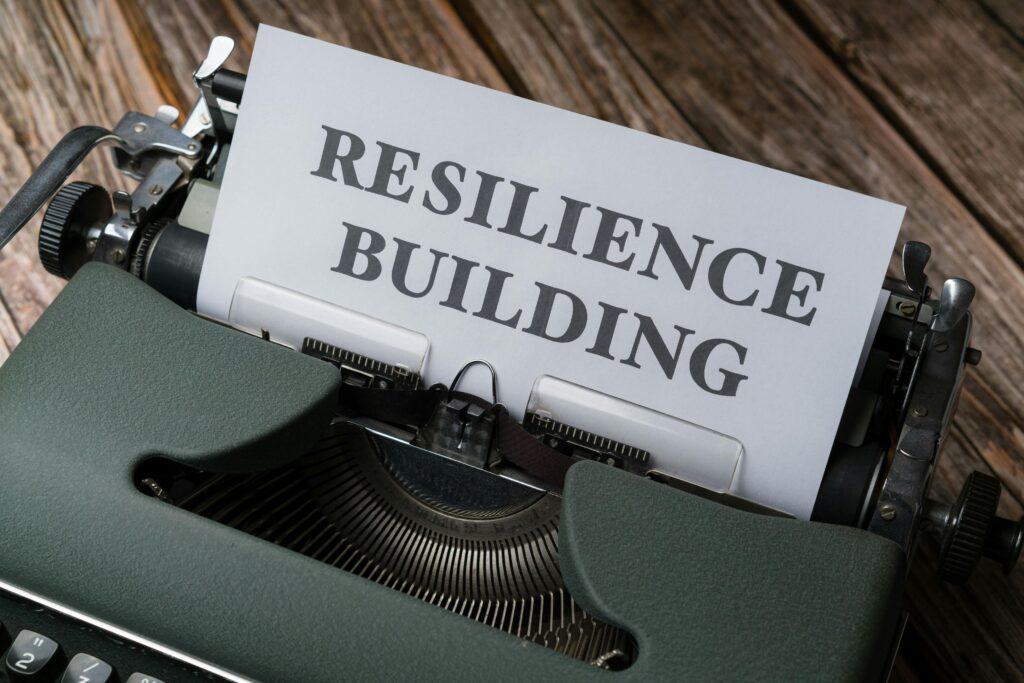Introduction:
In today’s global marketplace, procurement managers in the agricultural sector face increasing pressure to adopt sustainable practices that prioritize environmental stewardship, social responsibility, and economic viability. Sustainable procurement not only mitigates risks associated with climate change, resource scarcity, and social unrest but also enhances brand reputation, fosters stakeholder trust, and drives long-term business success. In this comprehensive guide, we’ll explore key strategies and best practices for integrating sustainability into agricultural procurement processes, empowering procurement managers to build resilient and responsible supply chains.
Sustainable Sourcing Strategies:
Embrace sustainable sourcing strategies that prioritize ethical labor practices, environmental conservation, and community engagement. Adopt a “beyond compliance” approach that goes above and beyond regulatory requirements to promote positive social and environmental outcomes.
Partner with suppliers who demonstrate a commitment to sustainability through certifications such as Fair Trade, Rainforest Alliance, and Organic. Conduct supplier assessments and audits to evaluate compliance with sustainability standards and assess performance in key areas such as labor rights, biodiversity conservation, and greenhouse gas emissions reduction.
Circular Economy Principles:
Embrace circular economy principles in agricultural procurement to minimize waste, maximize resource efficiency, and create value from by-products and waste streams. Explore opportunities to reduce, reuse, and recycle materials throughout the supply chain, from farm to fork.
Collaborate with suppliers and stakeholders to implement closed-loop systems for product packaging, waste management, and resource recovery. Invest in innovative technologies such as composting, anaerobic digestion, and bioenergy generation to convert organic waste into valuable resources, such as compost, biogas, and renewable energy.
Climate Resilience and Adaptation:
Develop climate resilience strategies to mitigate risks associated with climate change, extreme weather events, and natural disasters. Assess vulnerability and exposure to climate-related risks across the supply chain and implement adaptation measures to enhance resilience.
Partner with farmers and suppliers to implement climate-smart agricultural practices such as agroforestry, soil conservation, and water management techniques that improve resilience to climate variability and enhance productivity. Invest in climate-resilient crop varieties, drought-tolerant seeds, and weather forecasting technologies to mitigate the impact of climate-related risks on agricultural production.
Supply Chain Traceability and Transparency:
Enhance supply chain traceability and transparency to ensure accountability, mitigate risks, and build trust with consumers and stakeholders. Implement traceability systems that track the journey of products from farm to fork, providing visibility into sourcing practices, production methods, and social and environmental impacts.
Leverage technology solutions such as blockchain, RFID tagging, and digital platforms to capture and share data on product traceability, quality assurance, and sustainability credentials. Provide consumers with access to transparent information about the origins, production practices, and social and environmental attributes of agricultural products.
Stakeholder Engagement and Collaboration:
Foster stakeholder engagement and collaboration to drive collective action on sustainability issues across the agricultural supply chain. Engage with farmers, suppliers, industry associations, NGOs, and government agencies to identify shared goals, align incentives, and drive positive change.
Establish multi-stakeholder platforms, working groups, and partnerships to address complex sustainability challenges such as deforestation, water scarcity, and labor rights violations. Collaborate on initiatives such as sustainable sourcing programs, biodiversity conservation projects, and community development initiatives that create shared value for all stakeholders.
Continuous Improvement and Innovation:
Foster a culture of continuous improvement and innovation within the procurement function, encouraging experimentation, learning, and adaptation. Invest in employee training and development programs to build capacity in sustainable procurement practices and emerging technologies.
Embrace innovation in agricultural procurement through the adoption of advanced technologies, such as remote sensing, precision agriculture, and predictive analytics, that enhance efficiency, productivity, and sustainability. Encourage suppliers to innovate and adopt sustainable practices through incentives, recognition, and support for research and development initiatives.
Conclusion:
Sustainable procurement is not only a moral imperative but also a strategic imperative for procurement managers in the agricultural sector. By integrating sustainability into procurement processes, embracing circular economy principles, building climate resilience, enhancing supply chain traceability and transparency, fostering stakeholder engagement and collaboration, and driving continuous improvement and innovation, procurement managers can build resilient and responsible supply chains that deliver long-term value for their organizations, communities, and the planet. With a commitment to sustainability, procurement managers can drive positive change and contribute to a more sustainable and equitable future for the agricultural industry.

